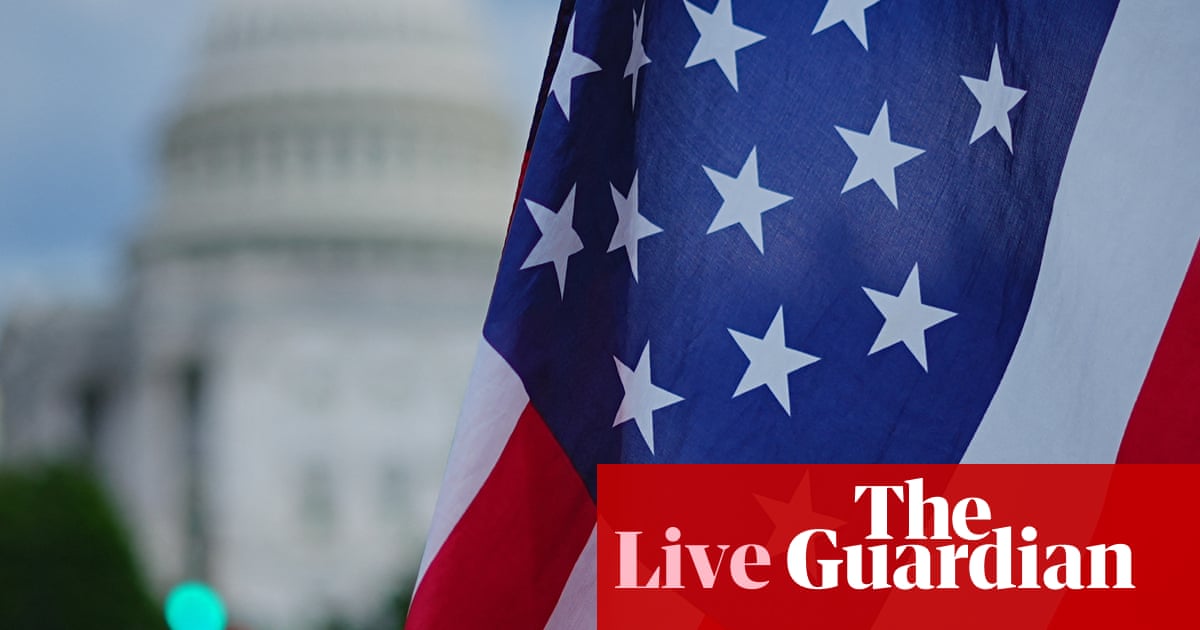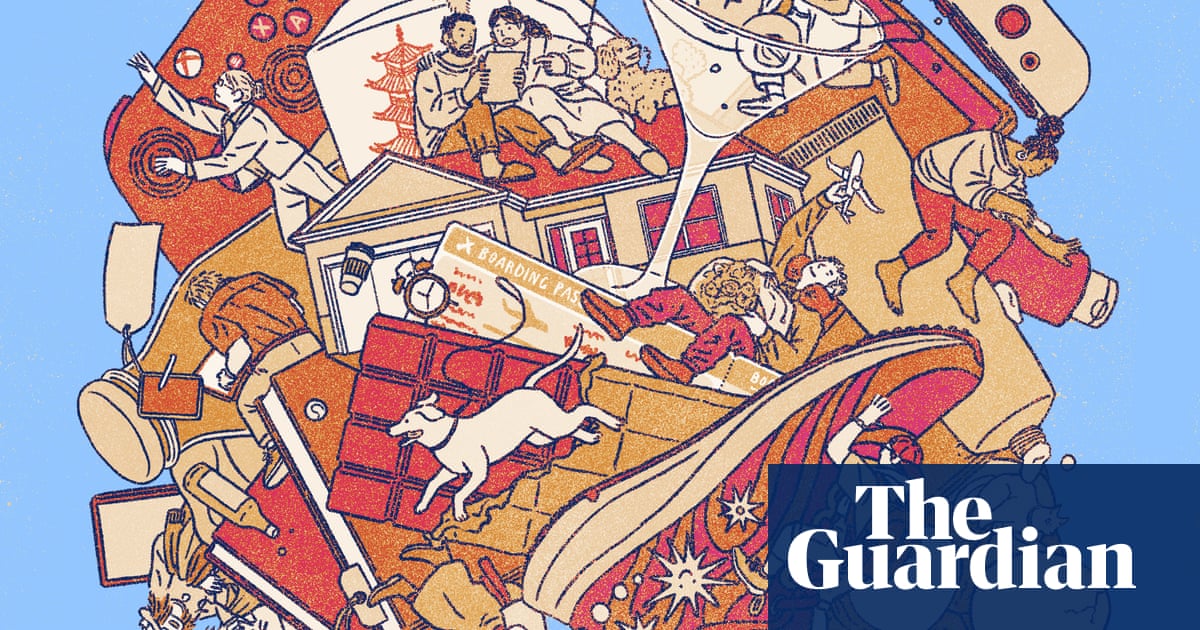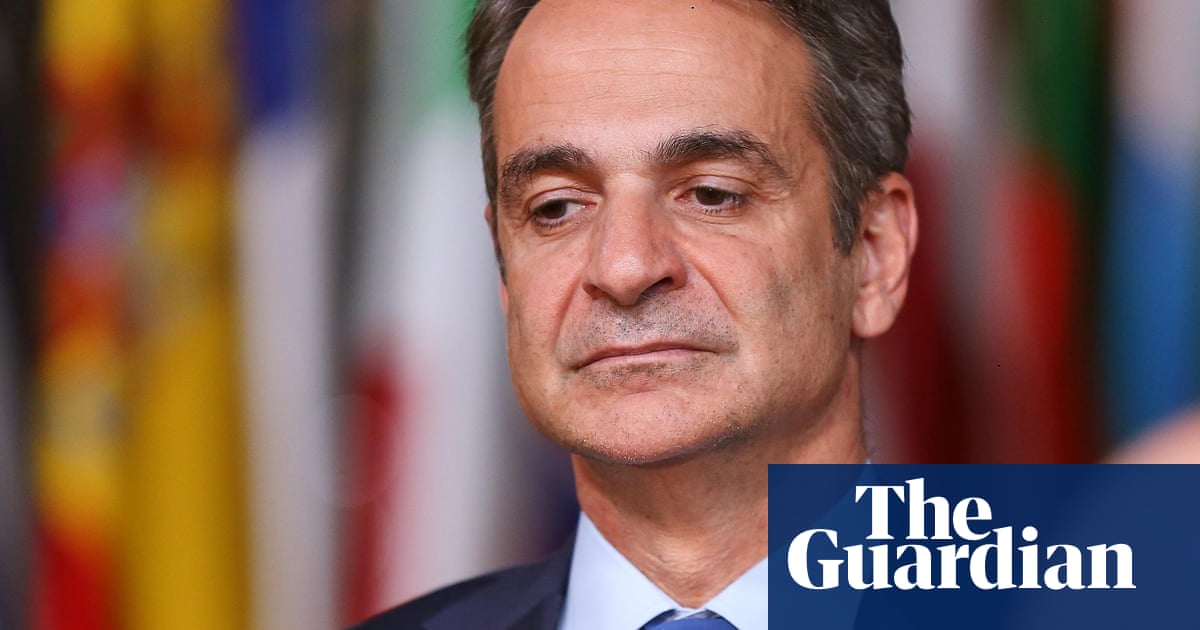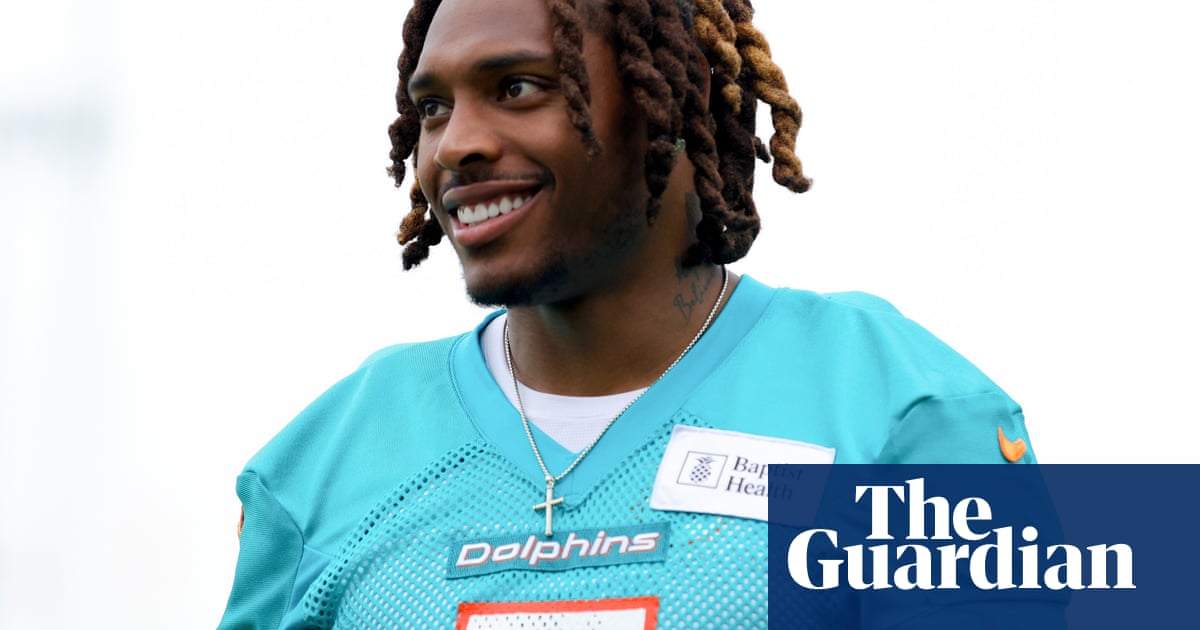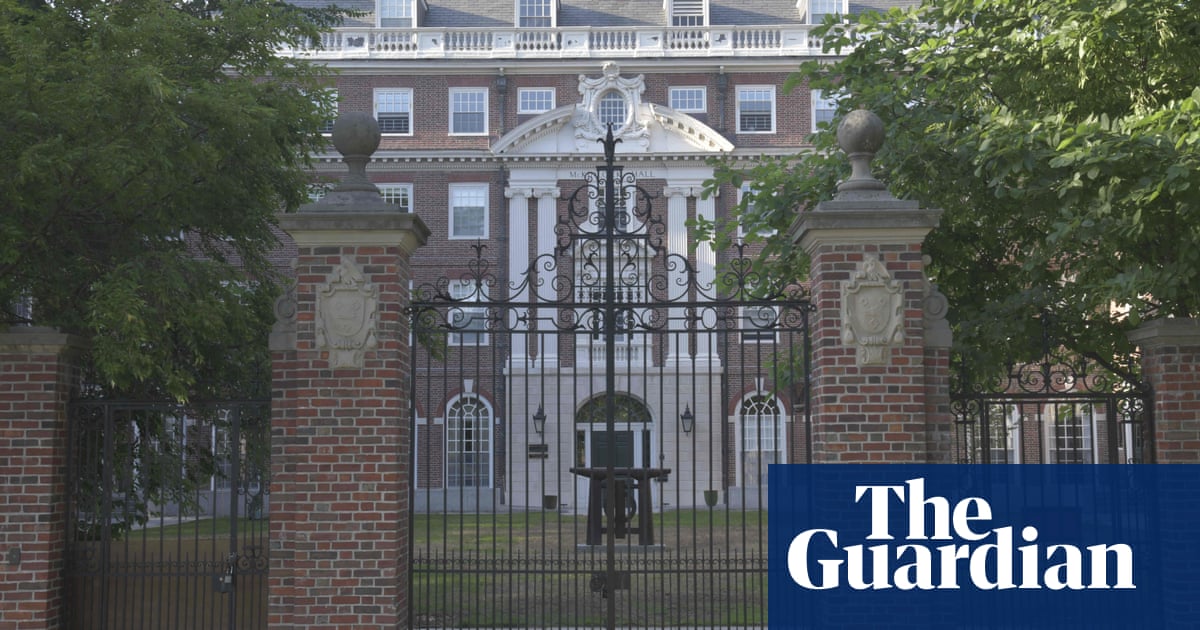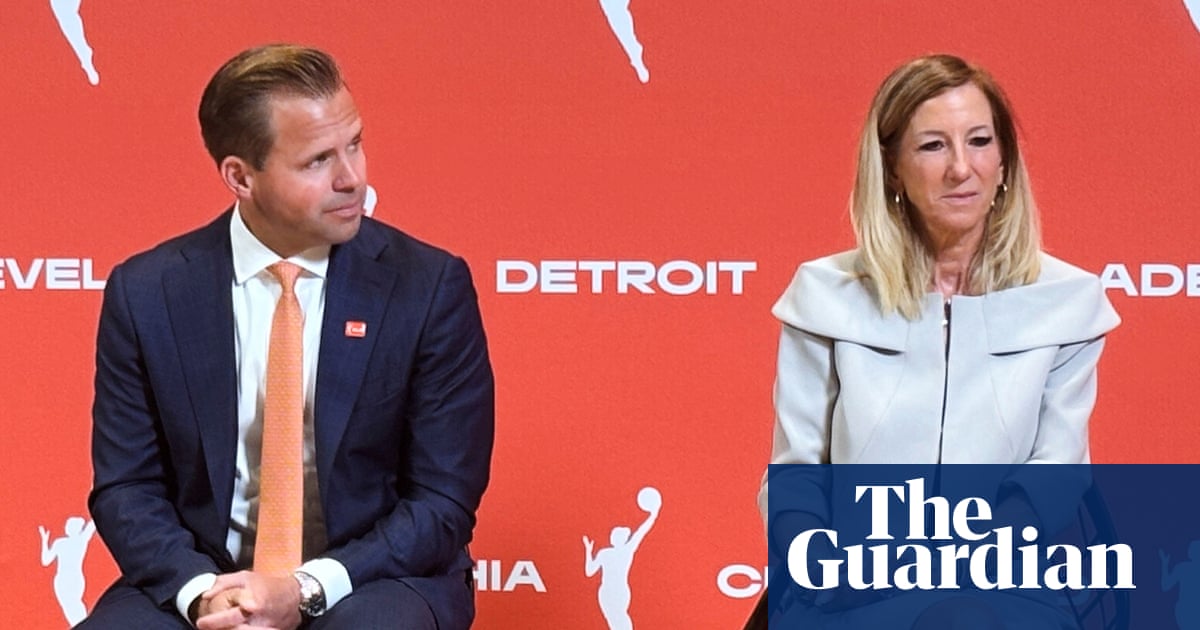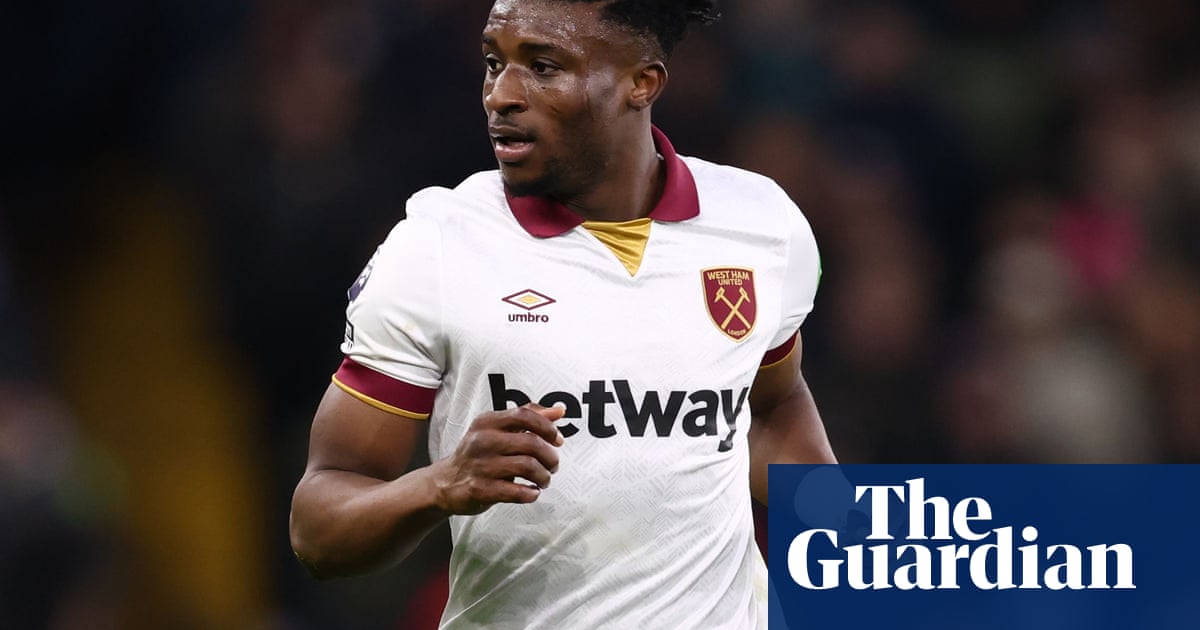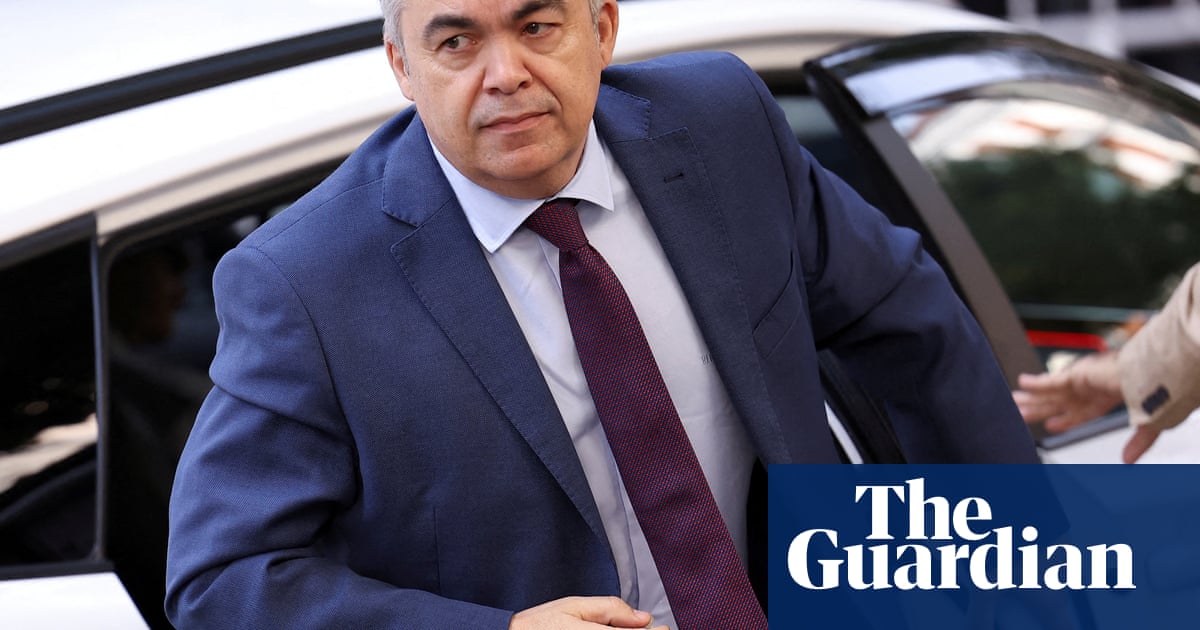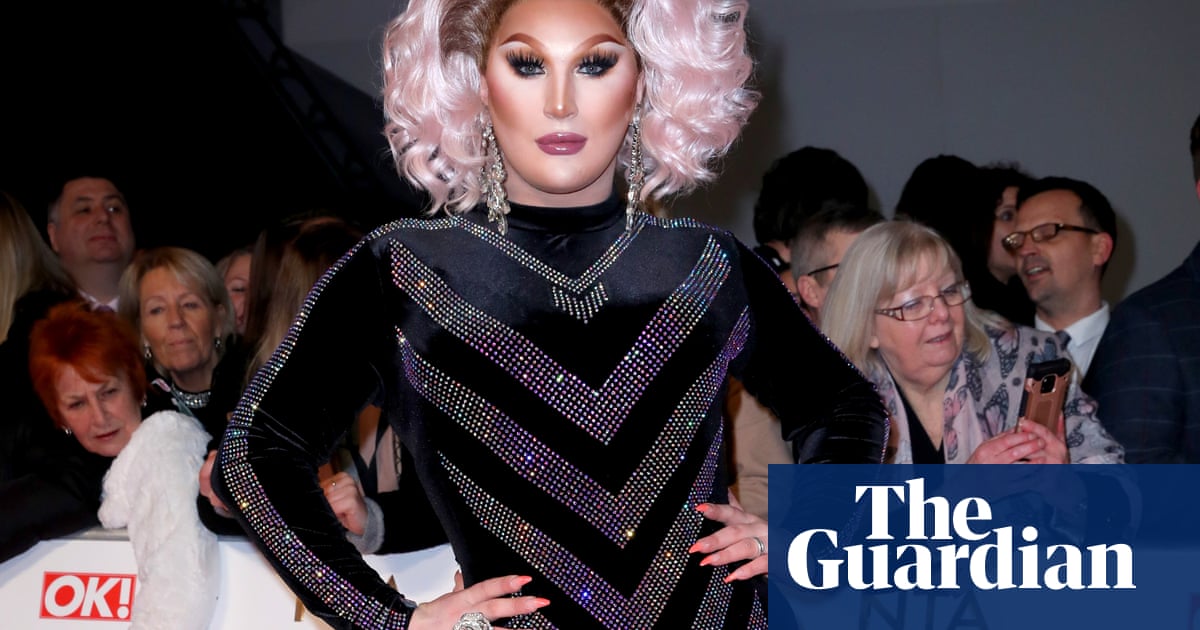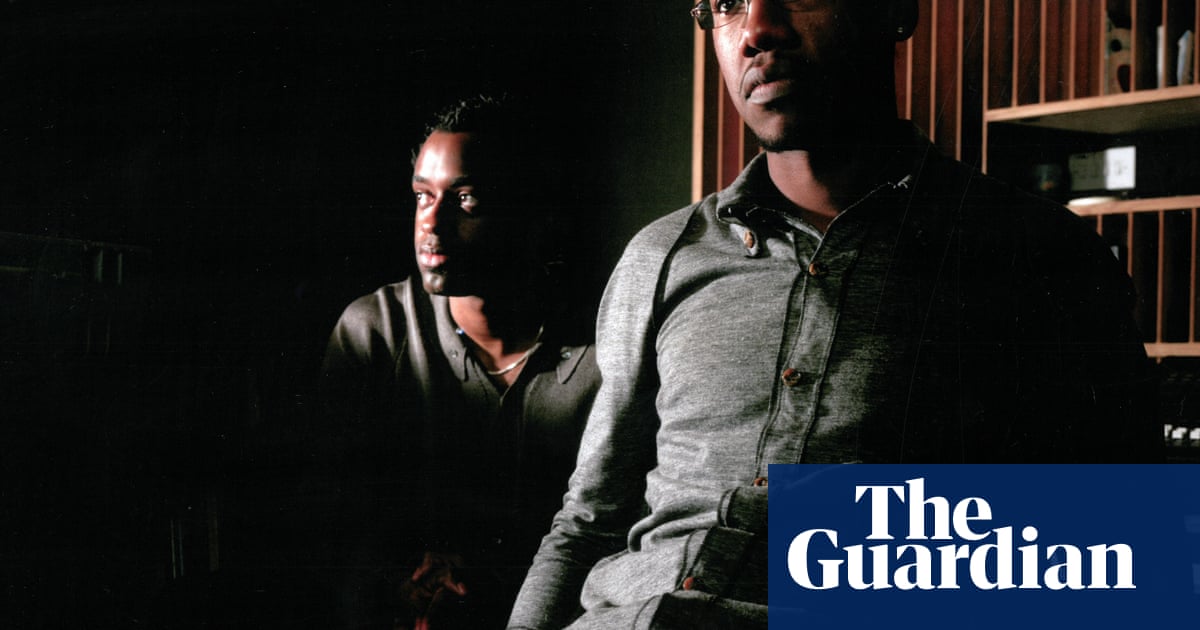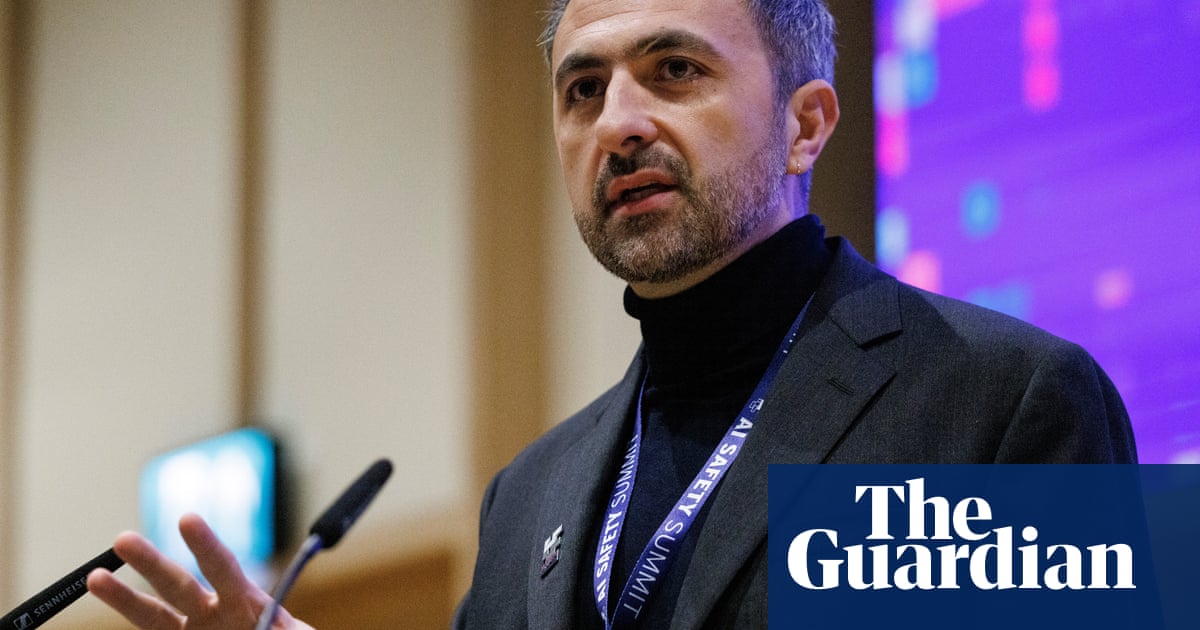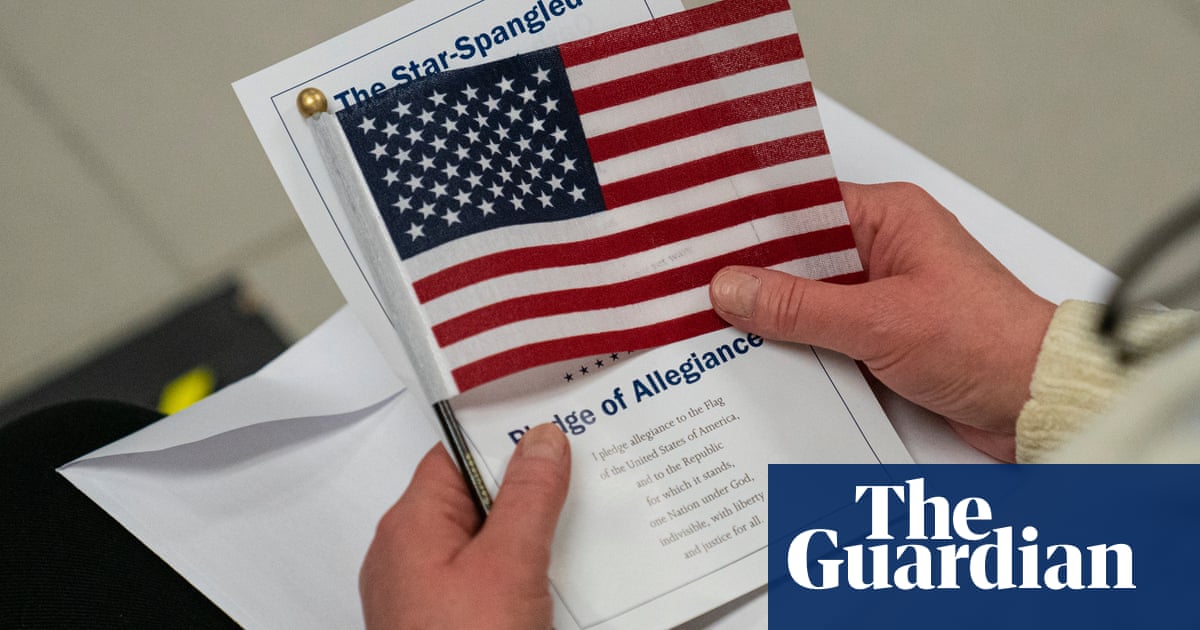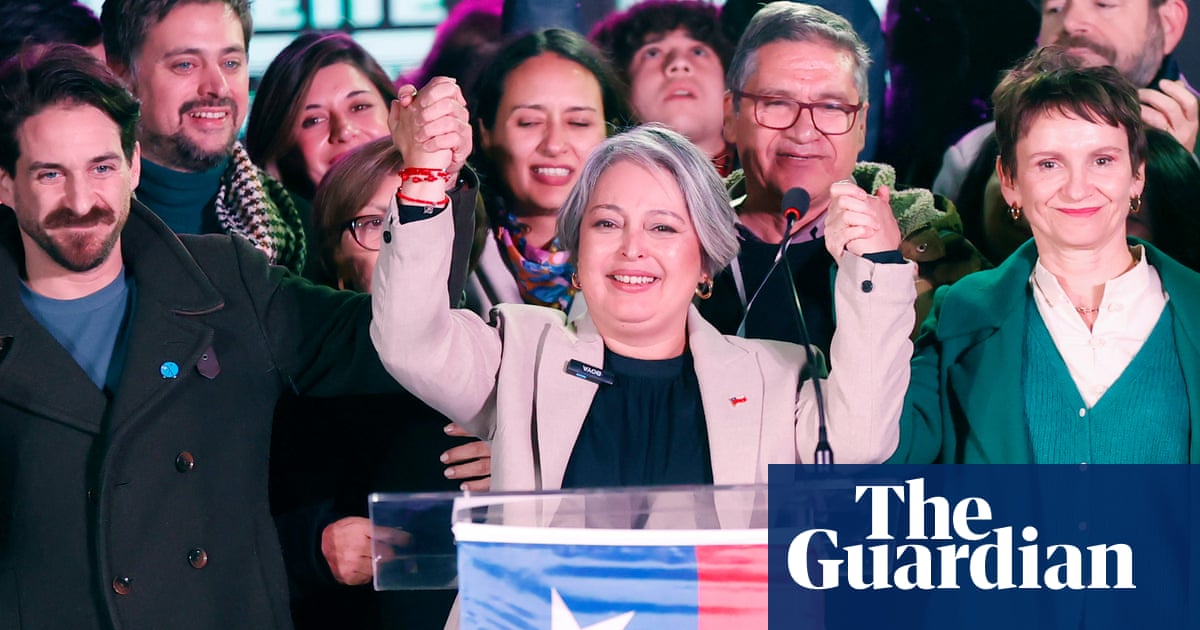It’s a deal. The words sound good. Most human beings are primed to think of a deal as desirable in itself. It isn’t hard to see why. Agreement is generally better than disagreement. In most aspects of life, shaking hands under shared rules makes sense. So it takes a bit of effort to think more objectively. But it is important to do that now, especially in the case of the proposed UK trade deal with the United States.
Even before Donald Trump became president again, and long before the US started its current tariff wars, there were already plenty of reasons for caution about what a free trade deal with the US might look like. In the wake of Brexit, these concerns centred on whether a deal could be struck – and sold at home – on bilateral trade issues such as pharmaceuticals, food products and digital regulation, on all of which very different standards and assumptions have long applied on the two sides of the Atlantic.
None of those red lines – even though some are redder than others – has gone away under Trump. That does not mean there will be no UK-US deal. This week, though, the US vice-president, JD Vance, lobbed another grenade into the works. Shortly after it being widely reported that he said there was a “good chance” of a US-UK trade deal, Vance was also reported as saying something far less emollient. Sources close to the vice-president were quoted as saying he will insist that Britain must repeal hate speech laws on LGBTQ+ people as the price of an agreement.
If that really is the US administration’s view, then it would be an undisguisedly brutal example of how this White House sees trade deals. More reliable indicators of Washington’s approach may emerge from the trade talks this week between the US and Japan. Japan, after all, is both a longstanding US military ally and major US investor. It also had a notable record of deflecting Trump’s dangers during his first term. Yet Japan still faces 24% “reciprocal” US tariffs.
Non-retaliation against the US is as embedded a reflex in London as it is in Tokyo. Yet the fact remains that, to Trump, a deal has always been a means of asserting his power and getting his way. There is little that is genuinely transactional about it. In Trump’s deals there has to be a winner – him. And that means there must always also be a loser – the other guy. The risk for Britain is that, beguiled by lazy thinking that says Britain is a unique bridge between the US and Europe, which it isn’t, and that a trade deal is inherently desirable, which isn’t the case either, we are sleepwalking into becoming one of the losers.
Step back for a moment. There have been states in the past which thought about trade the same way that Trump does today. Before the first world war, when Britain was the global hegemon, our politics were convulsed by the same argument. Tariff supporters led by Joseph Chamberlain wanted Britain to reject free trade and assert its sway through bilateral deals done on Britain’s terms. Under Trump, the US, not Britain, is acting as today’s global hegemon and using the selfsame approach. Chamberlain failed; Trump is likely to fail too.
Don’t lose sight of the big picture as Trump sees it. His agenda is essentially to demolish the world trading system as it has existed since 1945, with its rules-based (rules that have generally favoured the US) multilateralist approach. The tariff war aims to obliterate a system that, whatever its unfairnesses and failings (and they undoubtedly both exist), has also underpinned the growth of world trade and prosperity for decades. In its place, he seeks a world trade order based on might is right, as represented by the US.
This is not an argument for Britain refusing every sort of free trade agreement with the US today. There remains a genuine case for a limited one, if it can be negotiated. But freer trade with the US has to be seen for what it is – and also for what it is not. For Britain, a free trade agreement with Trump’s US can only be fundamentally defensive. It should be seen as a way of protecting British trade interests. It is not the key to unlocking UK prosperity. In other words, it would be tactical not strategic.
The US is never going to be the biggest driver of Britain’s elusive economic growth. That was true even when a trade deal was being touted under Boris Johnson as the most high-profile opportunity created by Brexit. Freer trade with the US, even with Trump’s US, undoubtedly matters for some exporters, including the British car industry. But any wider gains were never going to be substantial – mere fractions of a single percentage point over a decade, at best. And that pales by comparison with freer trade with Europe.
Keir Starmer constantly argues that Britain does not have to choose between the US and Europe. What this claim misses, however, is that for Britain to make any positive choice involving Europe, even a modest one, is seen by many in Washington today as an active choice against the US. Trump’s aim in Europe is to weaken and, if possible, destroy the EU. Both he and Vance have been close to explicit about this and about their hostility to Europe.
By the same yardstick, Trump also wants to pull the UK out of the EU’s orbit in whatever way he can. So any effort by Starmer to reset UK relations with the EU, even the relatively modest reset that Starmer envisages, therefore risks being seen as a hostile act by Trump’s Washington. Brexiters will also do whatever they can to encourage the White House, which may explain the Daily Telegraph’s claim on Wednesday that Starmer is on the verge of an EU alignment over food and veterinary rules.
In other circumstances, that might perhaps be enough to deter Starmer. It certainly worries his chief of staff Morgan McSweeney, with his focus on Labour “leaver” voters. Yet the price Starmer would pay would be huge – the trade reset with Europe, which is seen as one of the keys with which the government hopes to unlock economic growth. Starmer and Rachel Reeves have always insisted that growth, and a fairer distribution of its proceeds, is their central objective. If that remains true, then something will have to give. It may have to be the US deal. To govern is to choose.
-
Martin Kettle is a Guardian columnist

 2 months ago
54
2 months ago
54
